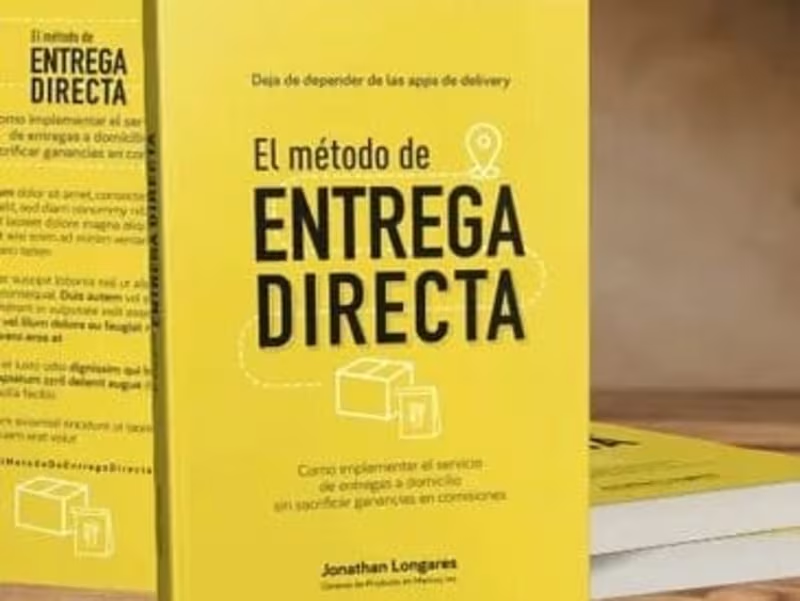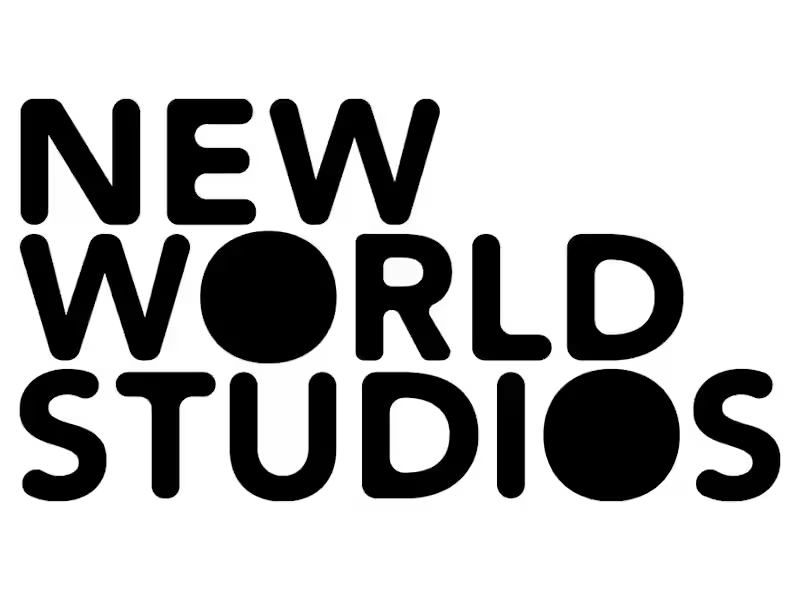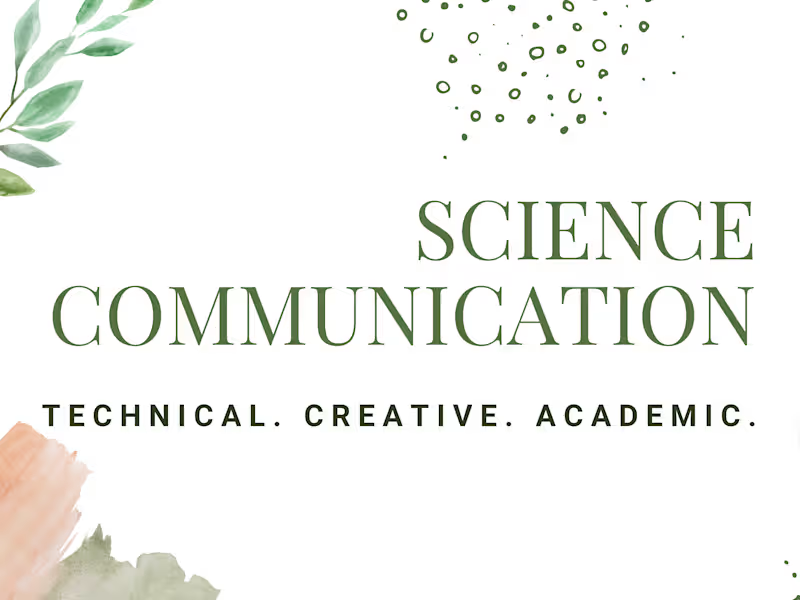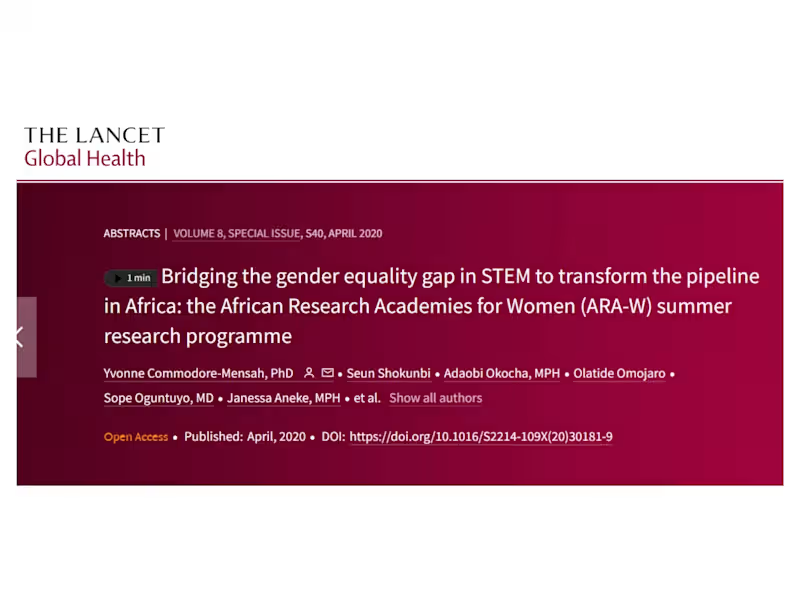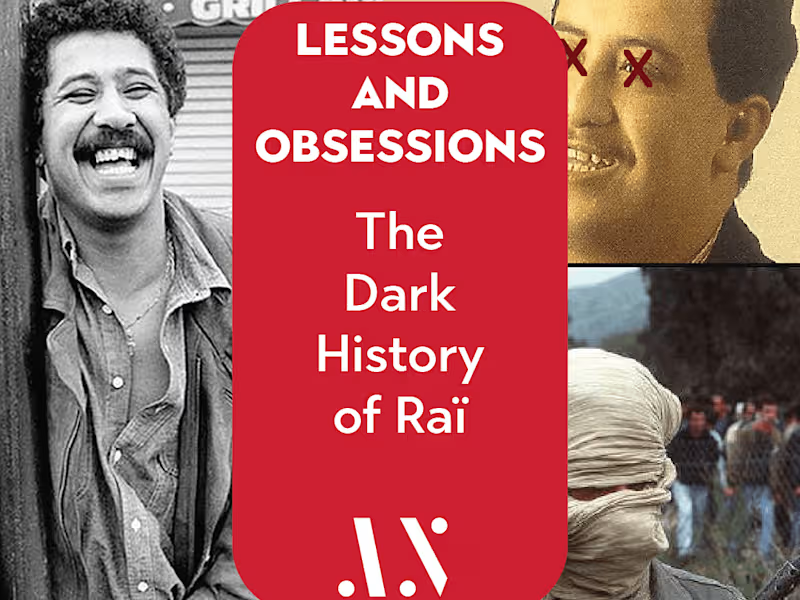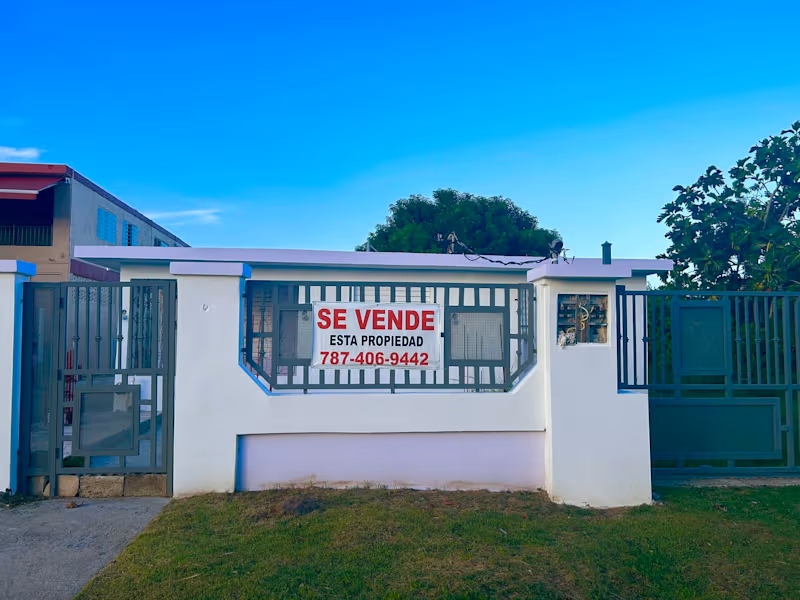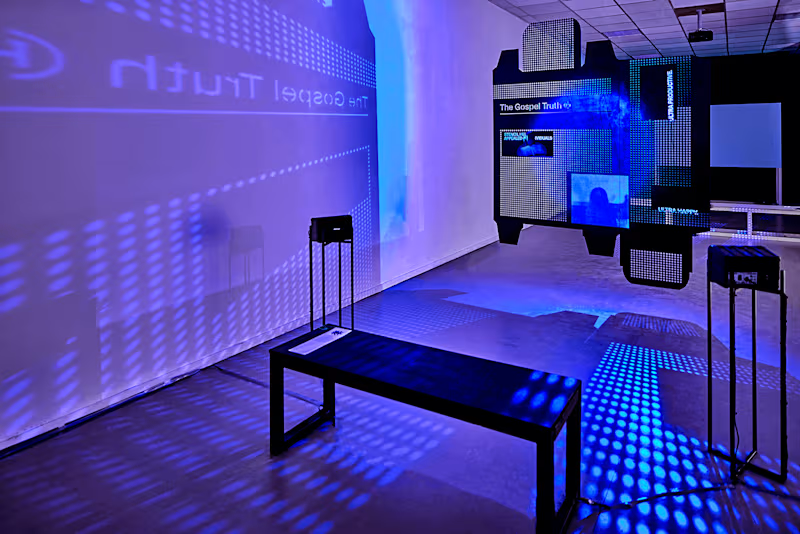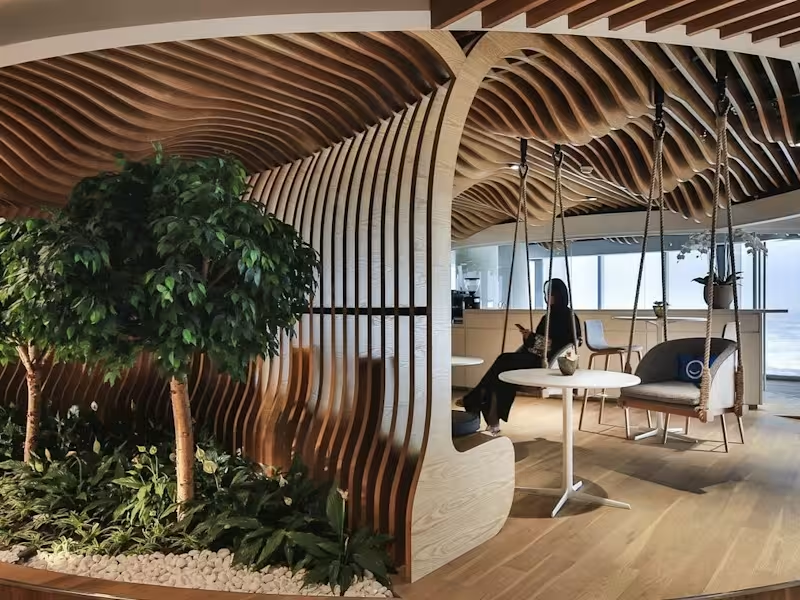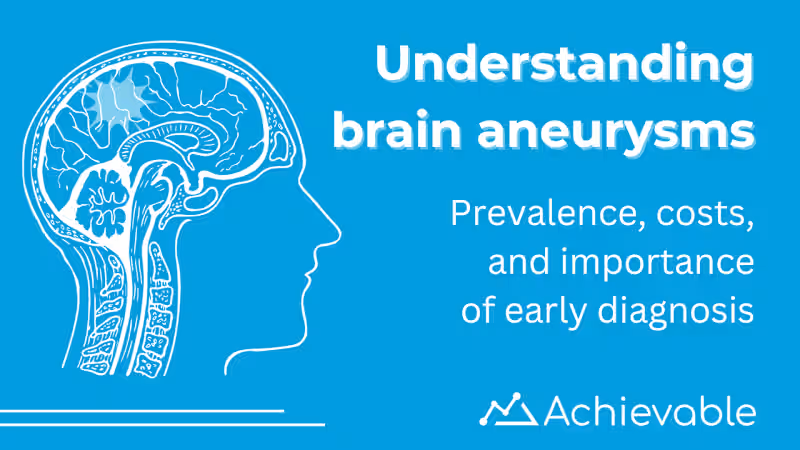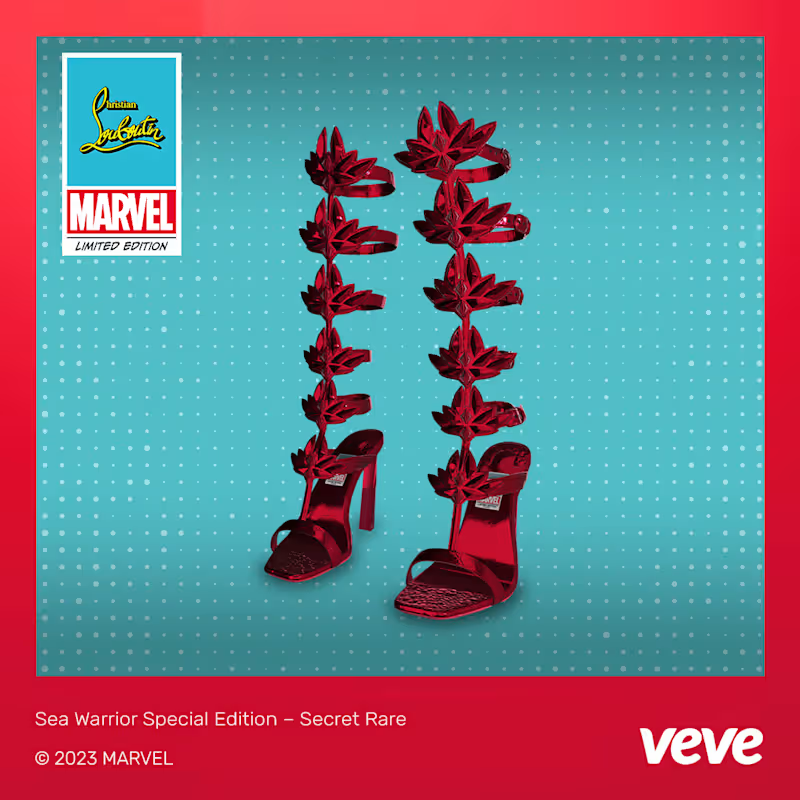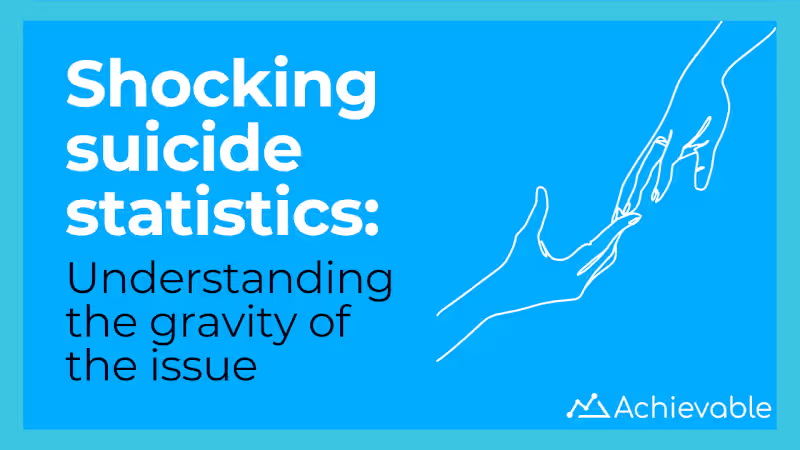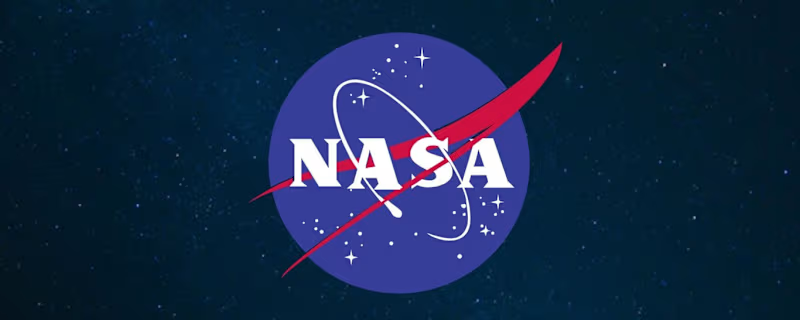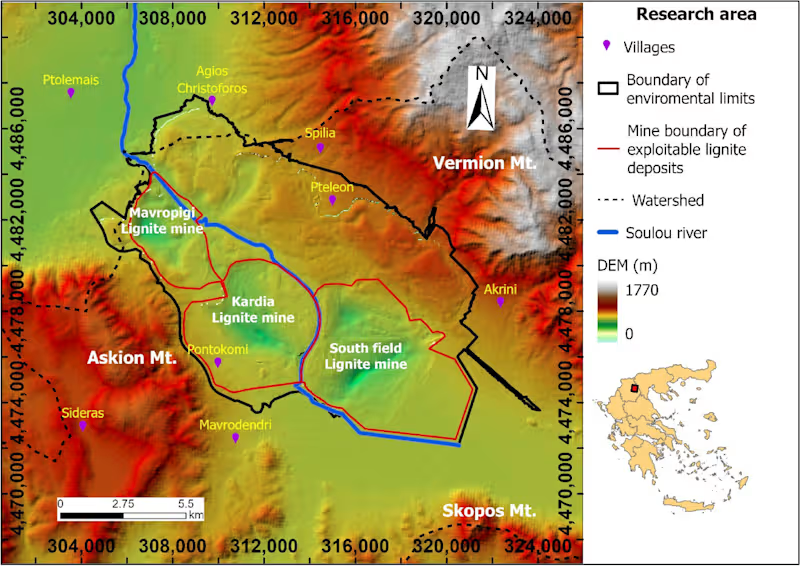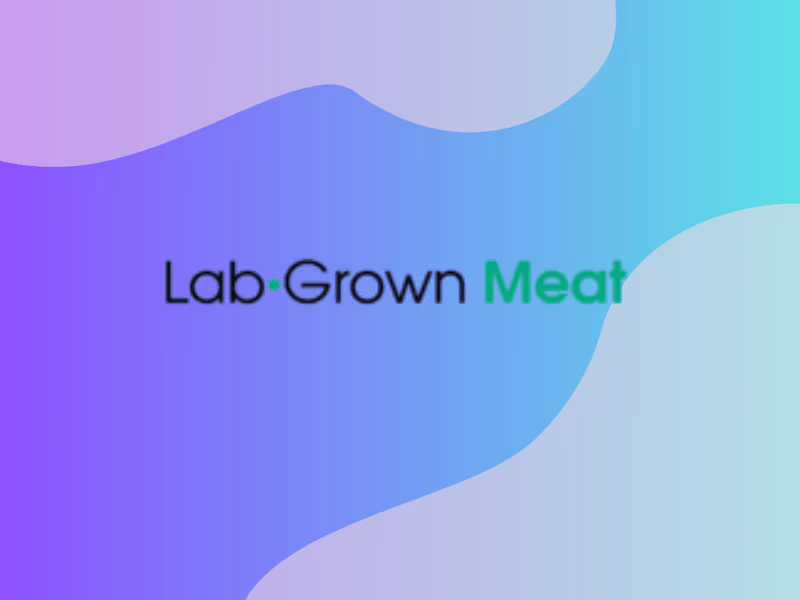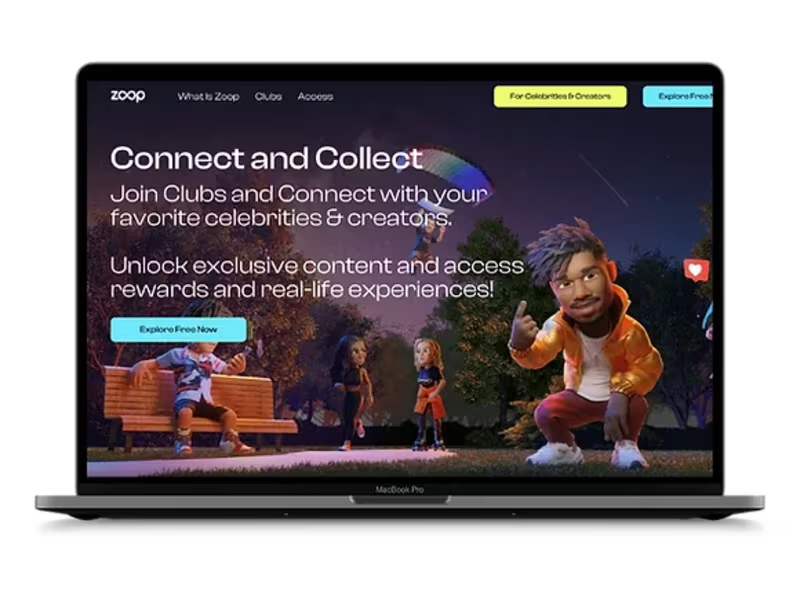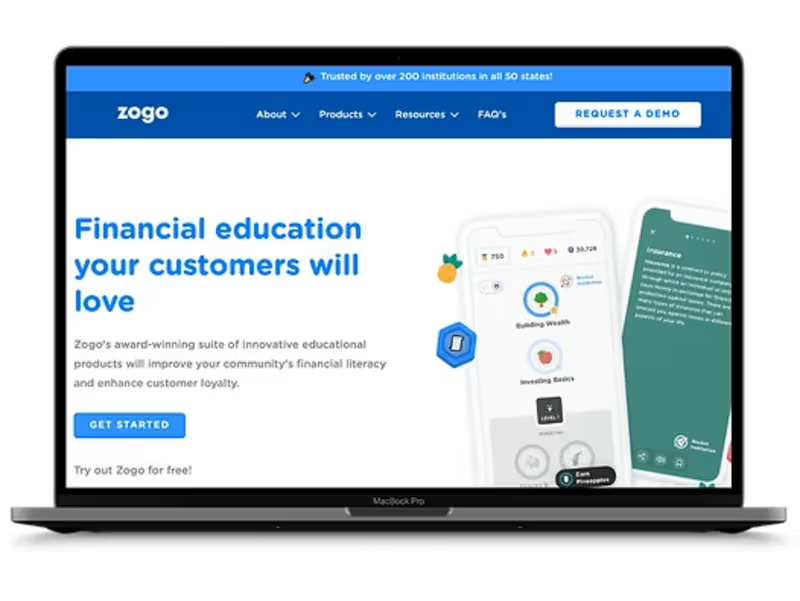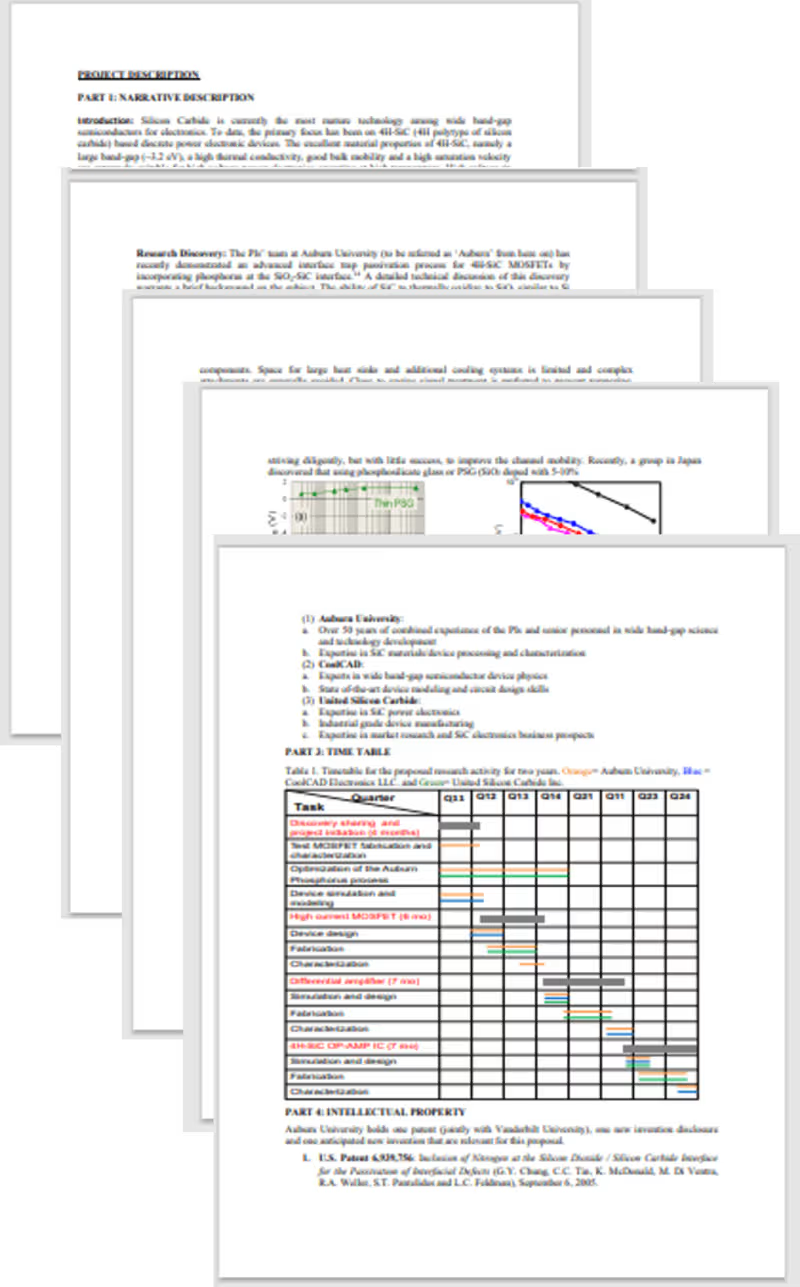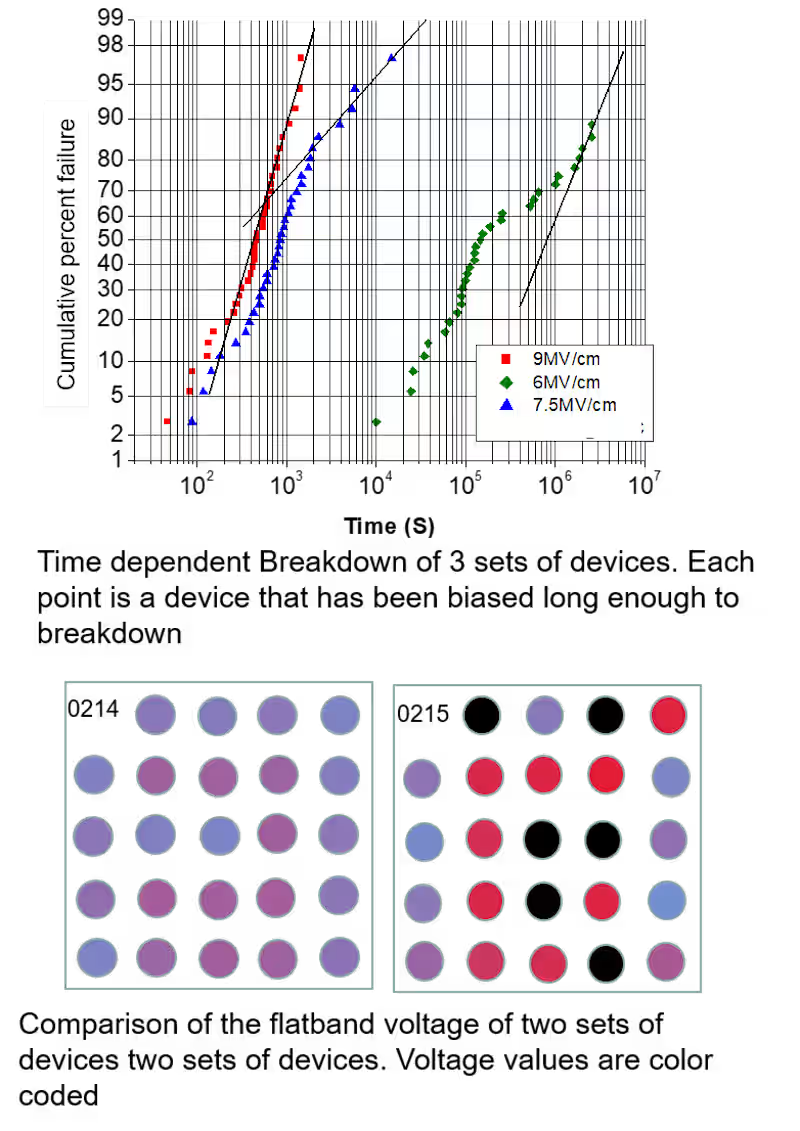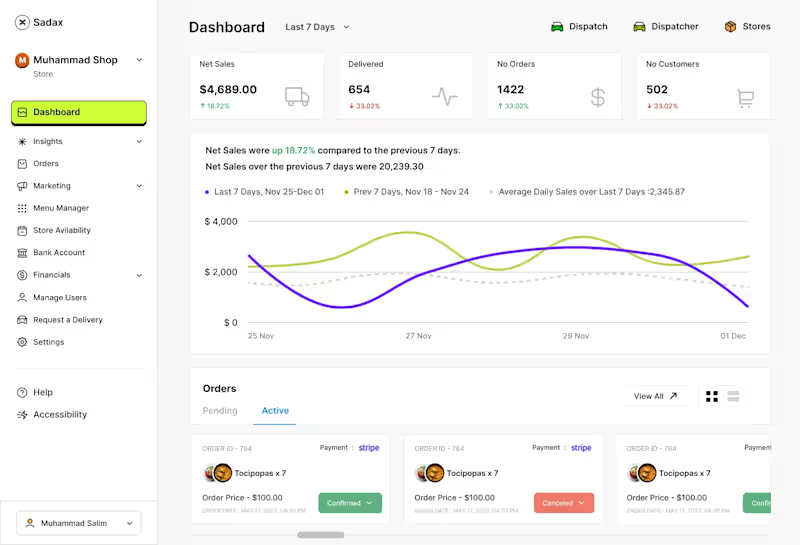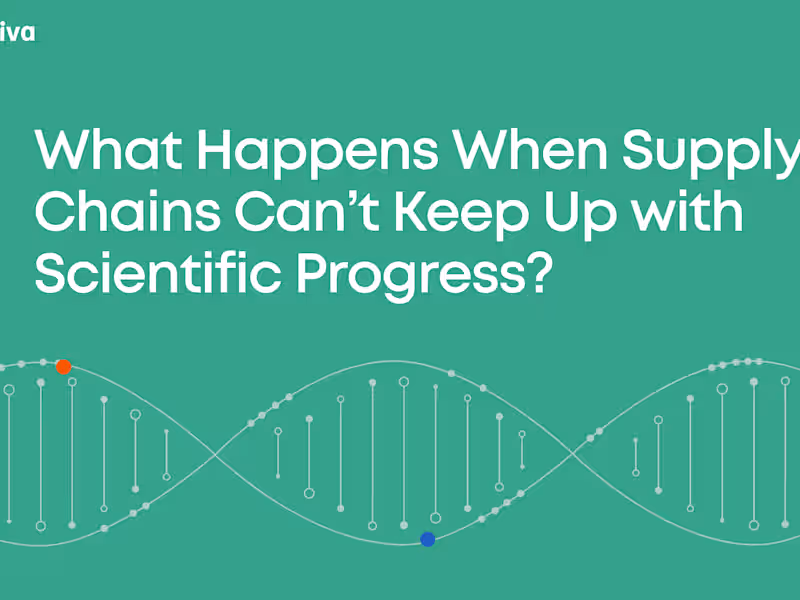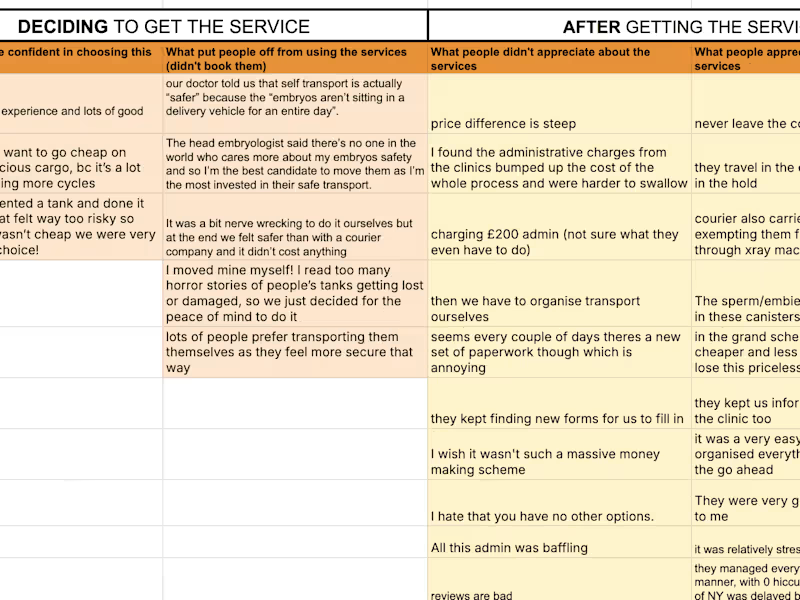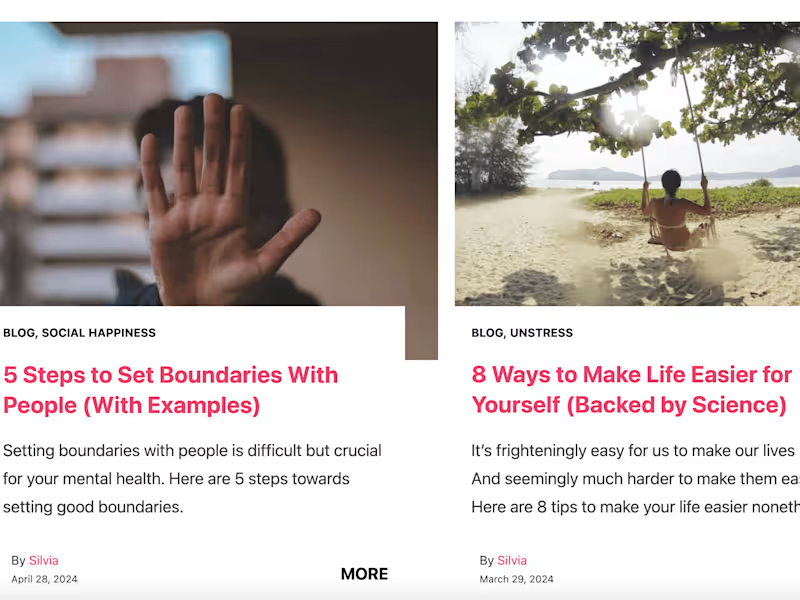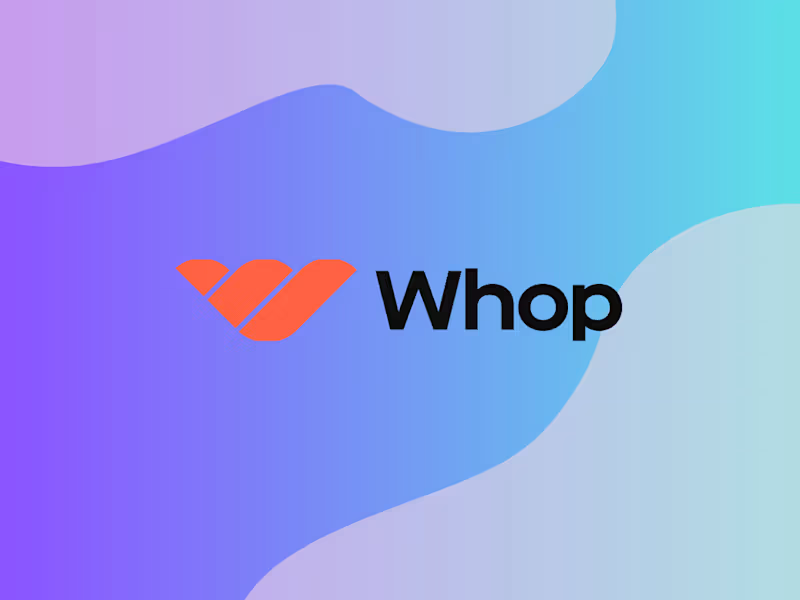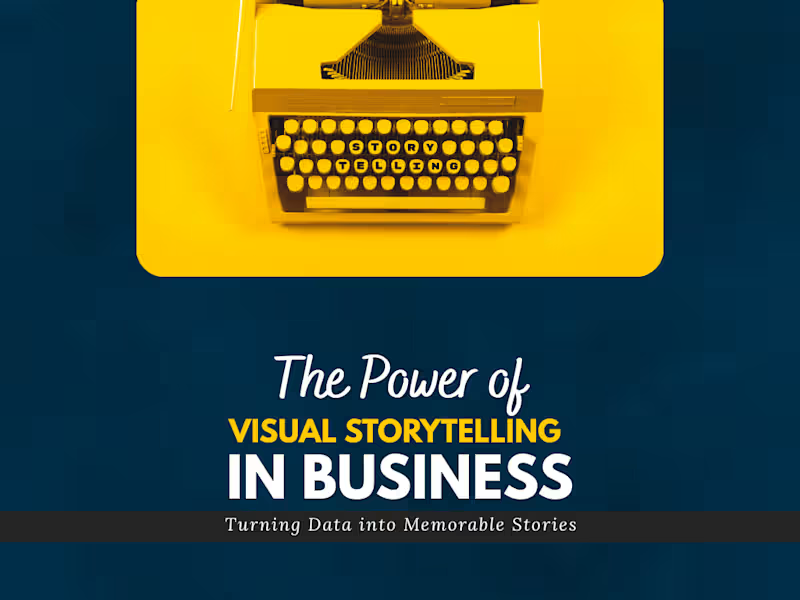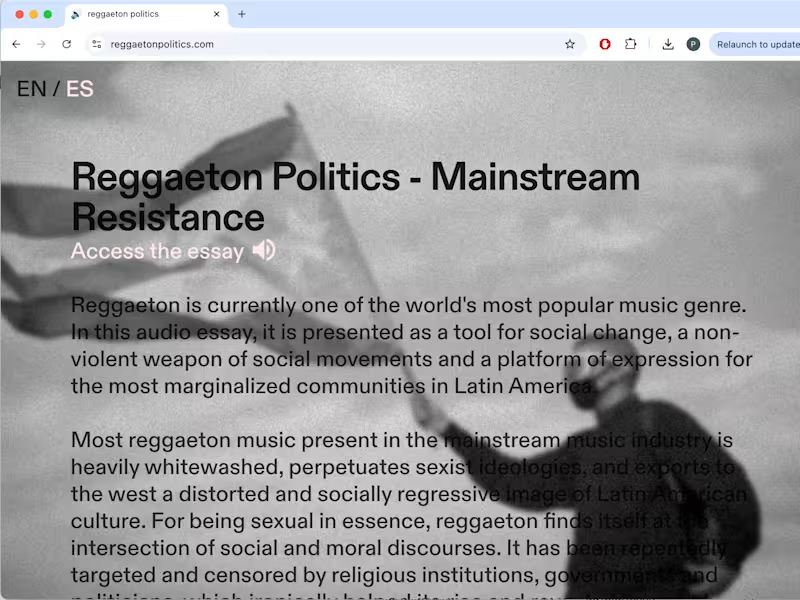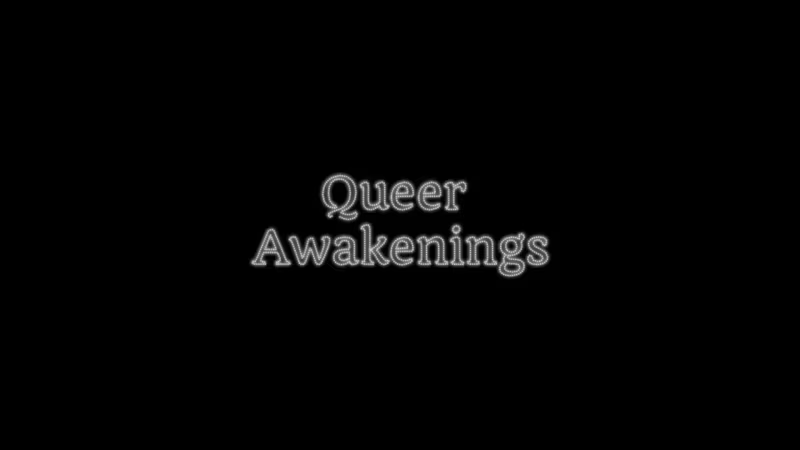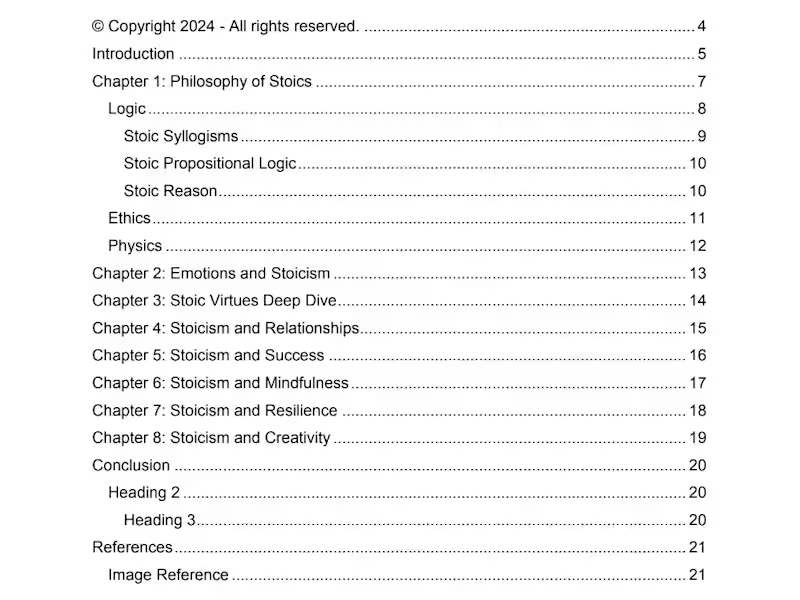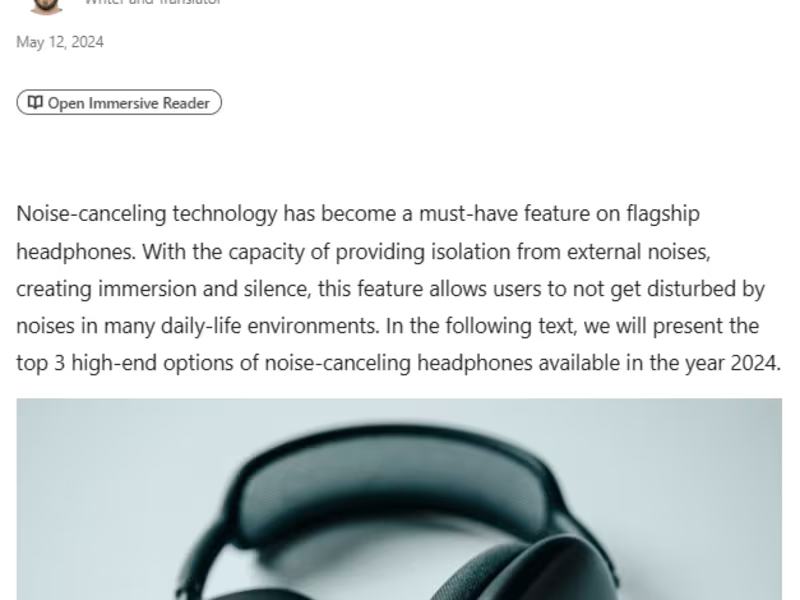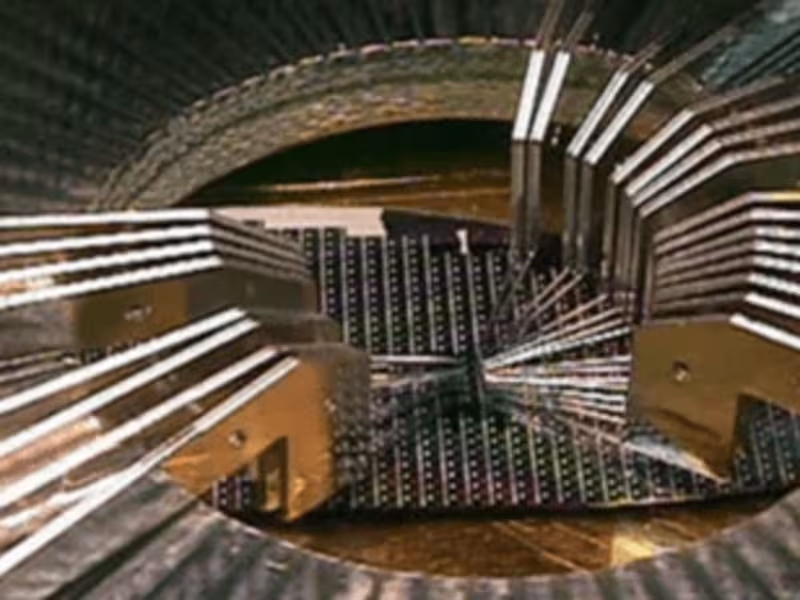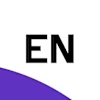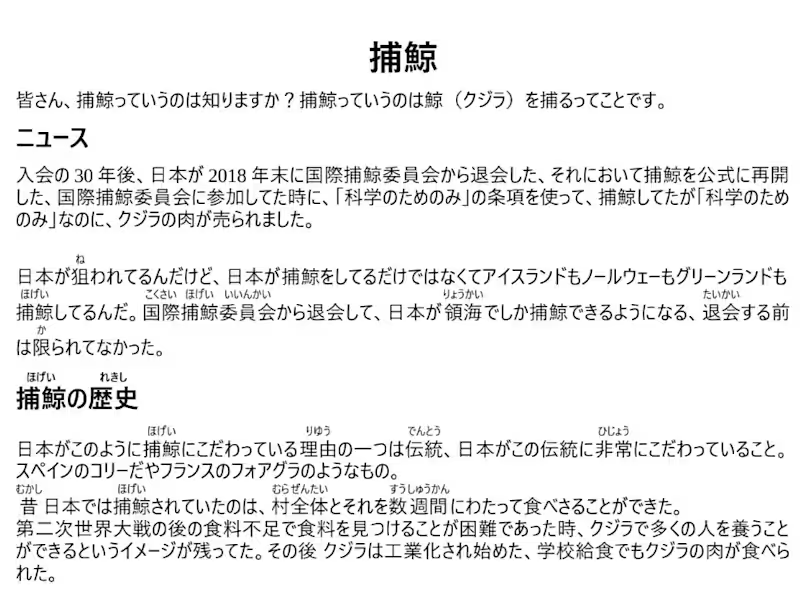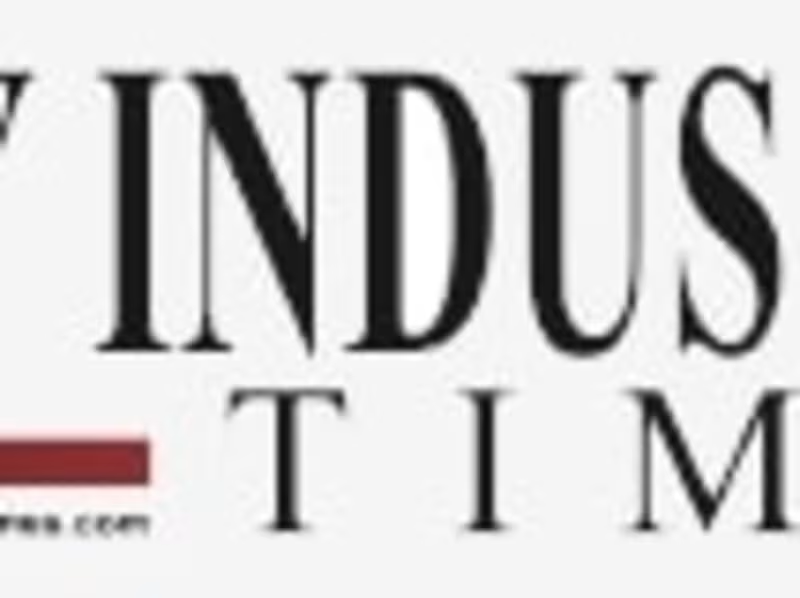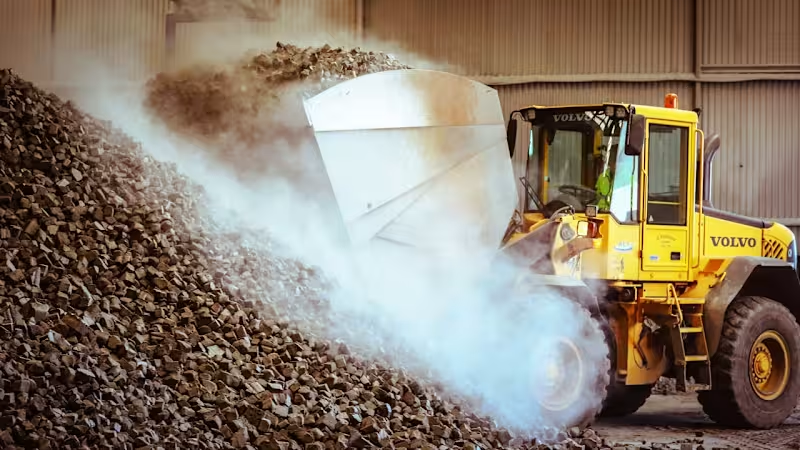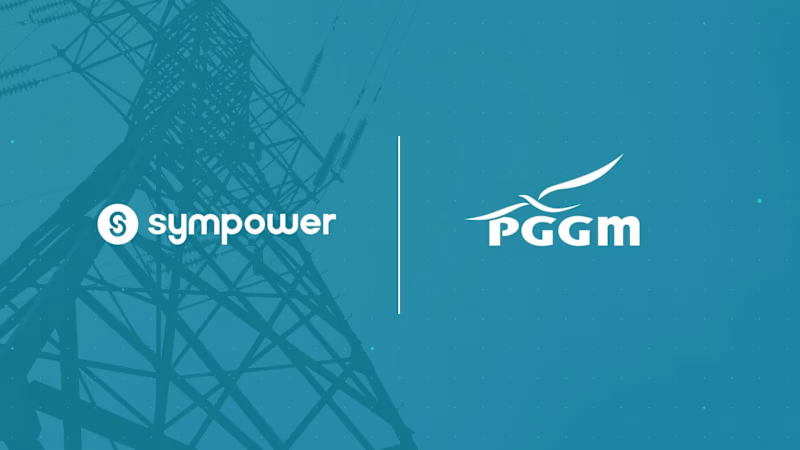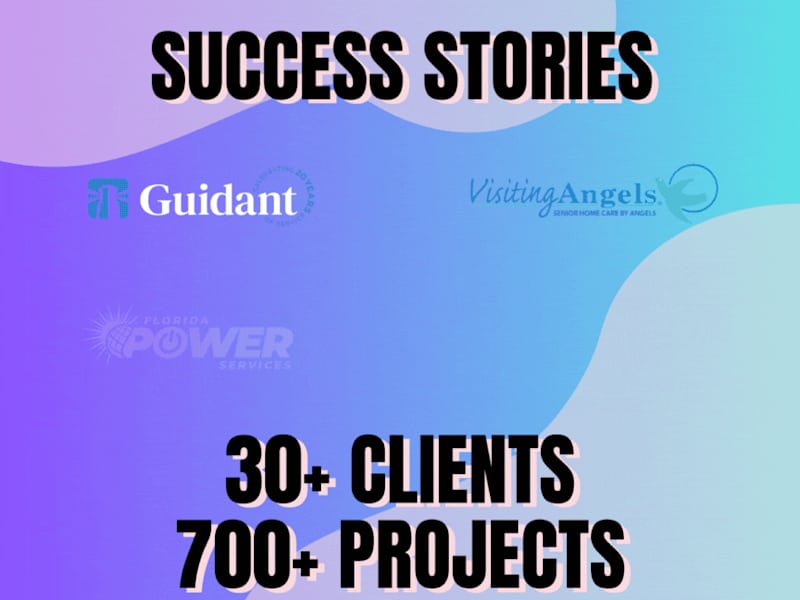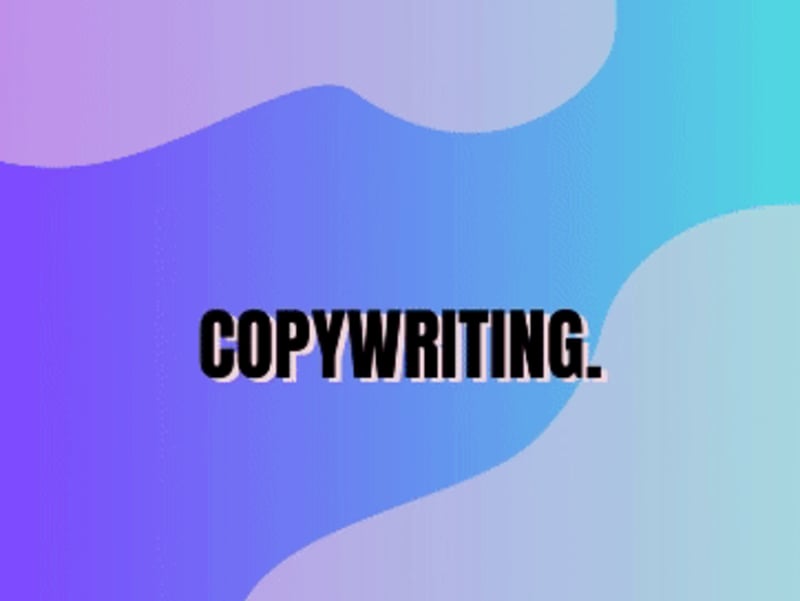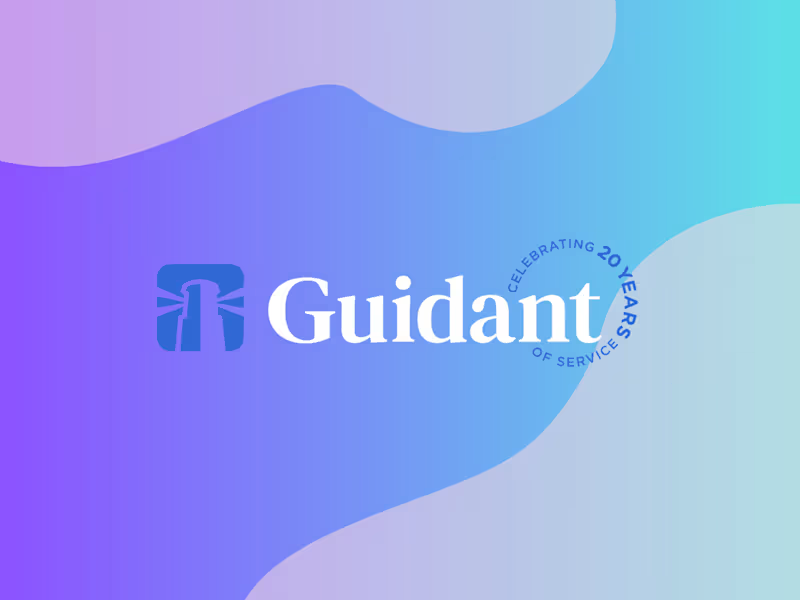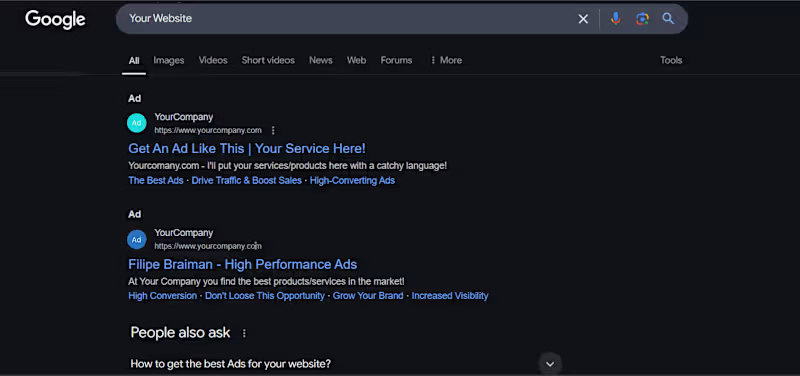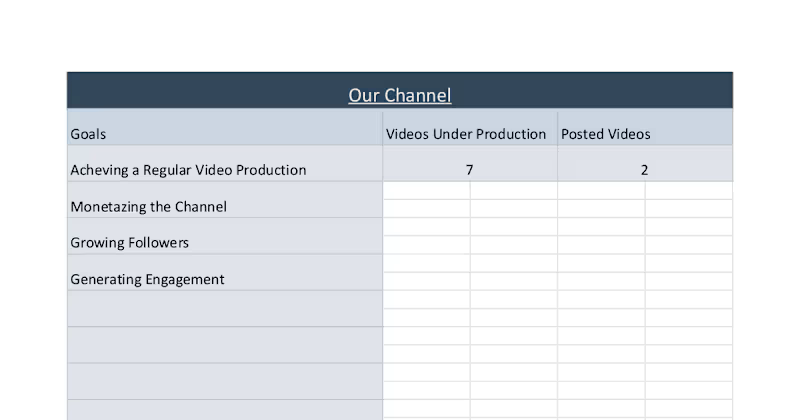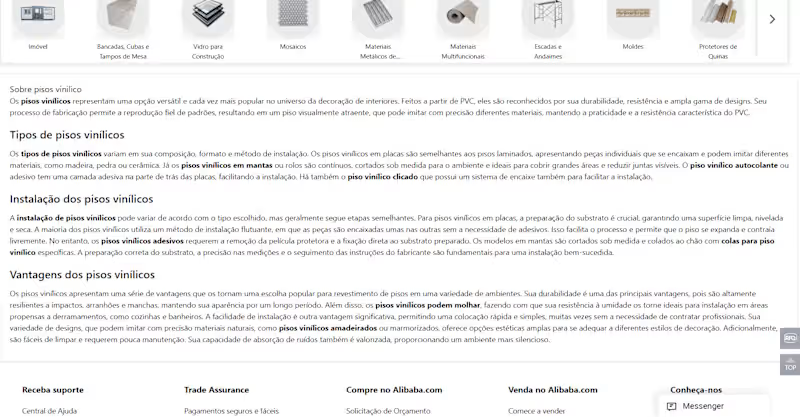How do I define the scope of my research project?
Start by clearly identifying what you need help with. Decide on the main goals of the research. Write down all the details, like what you want to learn about and how much time you have. Be clear about any specific information you need the researcher to find. This will help the researcher understand your needs better.
What deliverables should I expect from a freelance researcher?
Deliverables are the things you receive at the end of the project. Figure out if you want a report, a presentation, or raw data. Make sure to tell the freelancer exactly what you expect. Agree on how the final work should look. This makes it easier to see if the project goals were met.
How can I find a researcher with the right expertise?
Look at the researcher’s portfolio for past work related to your topic. Check if they have experience in the specific area you need help with. Read any reviews or feedback from other people who hired them. Make sure they have handled projects similar to yours. This helps ensure they have the right skills.
What’s important to discuss before the researcher starts the project?
Talk about your project goals, timeline, and budget. Make sure you both understand what needs to be done. Discuss how you will communicate and how often you want updates. Share any important information the researcher needs. This sets clear expectations right away.
How do I decide the timeline for the research project?
Think about when you need the research results. Consider how much work the project involves. Discuss time frames with the researcher to see what’s realistic. Make sure it fits both your schedules. A clear timeline helps keep the project on track.
How do I track progress during the project?
Set up regular check-ins to talk about what’s been done. Use emails or calls to see how the project is going. Agree on what updates you need and when. This helps catch any problems early. Staying involved keeps things moving smoothly.
What should I do if I need to make changes to the project?
Reach out to the researcher as soon as you can. Explain what changes you’re thinking about. Make sure the changes fit within the original project timeline and budget. It’s important to be flexible but clear. Good communication helps keep things on track.
Why is it important to evaluate the researcher’s past work?
Looking at their past work helps you see their skills. Check if they have done similar projects before. Look for any patterns in their work quality. Past work can show how well they might do on your project. It’s a good way to find a match for your needs.
How can I clarify the resources and tools needed for my project?
Identify what resources or tools are necessary for your research. Check if the researcher has access to them or if you need to provide them. Clarify any specific software or databases needed. Discuss any costs related to these tools. Ensuring access to the right tools helps the project go smoothly.
How do I ensure a smooth onboarding process for the researcher?
Prepare any necessary documents and information ahead of time. Share clear instructions and project details with the researcher. Make sure they feel welcomed and understand your company or project. Answer their questions promptly. A positive start helps build a good working relationship.
Who is Contra for?
Contra is designed for both freelancers (referred to as "independents") and clients. Freelancers can showcase their work, connect with clients, and manage projects commission-free. Clients can discover and hire top freelance talent for their projects.
What is the vision of Contra?
Contra aims to revolutionize the world of work by providing an all-in-one platform that empowers freelancers and clients to connect and collaborate seamlessly, eliminating traditional barriers and commission fees.





































